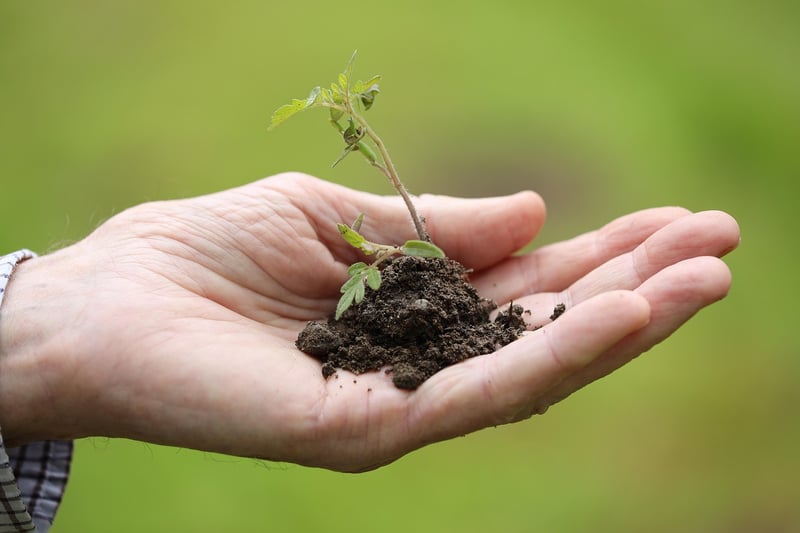Spring Planting Guide
Year-Round Gardening Tips and Spring Planting Guide
Introduction
Gardening is a rewarding hobby that can be enjoyed throughout the year. Whether you're a seasoned gardener or just starting out, there are various tasks you can do to keep your garden healthy and thriving. This guide will provide you with year-round gardening tips and a specific focus on spring planting.
Year-Round Gardening Tips
- January-February: Start planning your garden layout, order seeds, and prepare your tools.
- March-April: Begin planting cool-season crops like lettuce, spinach, and peas. Start cleaning up your garden beds and remove weeds.
- May-June: Plant warm-season crops such as tomatoes, peppers, and cucumbers. Mulch around plants to retain moisture and suppress weeds.
- July-August: Harvest fruits and vegetables regularly. Water deeply during hot weather and deadhead flowers to encourage more blooms.
- September-October: Start preparing for fall by planting crops like radishes and carrots. Clean up garden debris and add compost to enrich the soil.
- November-December: Protect tender plants from frost and cold temperatures. Plan for next year's garden and start ordering seeds.
Spring Planting Guide
Spring is a busy time in the garden as plants come back to life and new growth emerges. Here are some tips for successful spring planting:
1. Soil Preparation
Ensure your soil is well-drained and nutrient-rich. Work compost into the soil to improve its quality before planting.
2. Plant Selection
Choose plants that are suited to your growing zone and the amount of sunlight your garden receives. Consider planting a mix of flowers, vegetables, and herbs for a diverse garden.
3. Timing
Check the last frost date in your area and plant frost-sensitive plants after this date to avoid damage. Follow seed packet instructions for proper planting times.
4. Watering
Keep newly planted seeds and seedlings consistently moist but not waterlogged. Water in the morning to allow plants to dry out during the day.
5. Maintenance
Monitor for pests and diseases, and take action promptly if any issues arise. Mulch around plants to conserve moisture and suppress weeds.
6. Enjoy Your Garden
Take time to relax and appreciate the beauty of your garden. Regularly harvest vegetables and cut flowers to encourage more growth.

By following these year-round gardening tips and spring planting guide, you can create a vibrant and flourishing garden that you can enjoy throughout the seasons.
Happy gardening!
